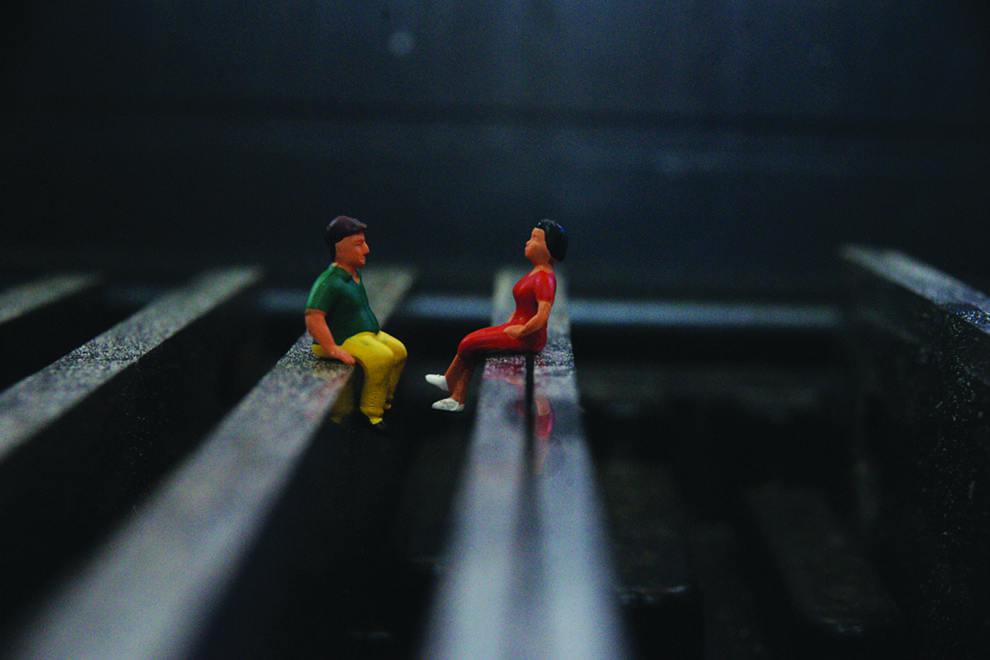Too tired to march

author: john loeppky | sports editor

Credit: Lis Bokt via Flickr
“When do we become tired? More specifically, when does our flood of protesters become a trickle out of pure exhaustion?”
Recently, many of my friends and colleagues have been attending rallies for various causes. This influx in social activism in Regina or, more likely, an increase in visibility for these causes within my inner circle is stemming from the social unrest happening south of the border and the reaction north of it – most notably in attacks on minorities and the emboldened far right leaning politicians who happen to call Canada home.
With that said, I have a concern that I think few are willing to even admit is on their radar. When do we become tired? More specifically, when does our flood of protesters become a trickle out of pure exhaustion? I’m worried that the socially conscious in this city, though I am glad that they are fighting the fight so vehemently and consistently, will flame out and not have the backup to be able to continue the work that we are so in need of in our current historical moment.
There are younger people attending these rallies, but that isn’t enough. Those fighting these battles have to fight against the flow of negativity that comes from our racist surroundings. I used to think that one passerby’s definition of Saskatchewan as “The Alabama of the North” was way off base, but now I’m not so sure. The KKK used to march in Moose Jaw, and this province’s reaction to residential schools and the institutionalized racism directed toward anyone who is not white has led me to question Regina’s place in the wider cultural conversation that is being pushed to the forefront. I do not think we are quite on Alabama’s level, and the widespread blanketing of any area is as dangerous as it is informative, but I also cannot reconcile the widely held version of Canadian identity as being fully inclusive with a country which has been forced to confront its own racism.
Where does that leave our fledgling protest and activism-focused community? Well, I think the first step is to realize that they are – we are – fighting a war on two fronts. The Internet has helped activism flourish as much as it has created an environment where those who are inclusivity-minded find themselves slamming their head into a proverbial wall over and over again. Here is where I think self-care is so vitally important. Self-care cannot and should not be synonymous with self-loathing or eating chocolate and crying for prolonged amounts of time, but we need to set up a network that is more formal to address the needs of those who are fighting some of the toughest ideological battles.
I think the best way to set up a network is let people know that you are available to talk, that you are willing, even if it is only in that present moment, to talk about what is bothering them in the activist space. This is a move we need to make as a community, to do so without judgment and purely for support. Because, say it with me kids, everything is problematic except empathy.









